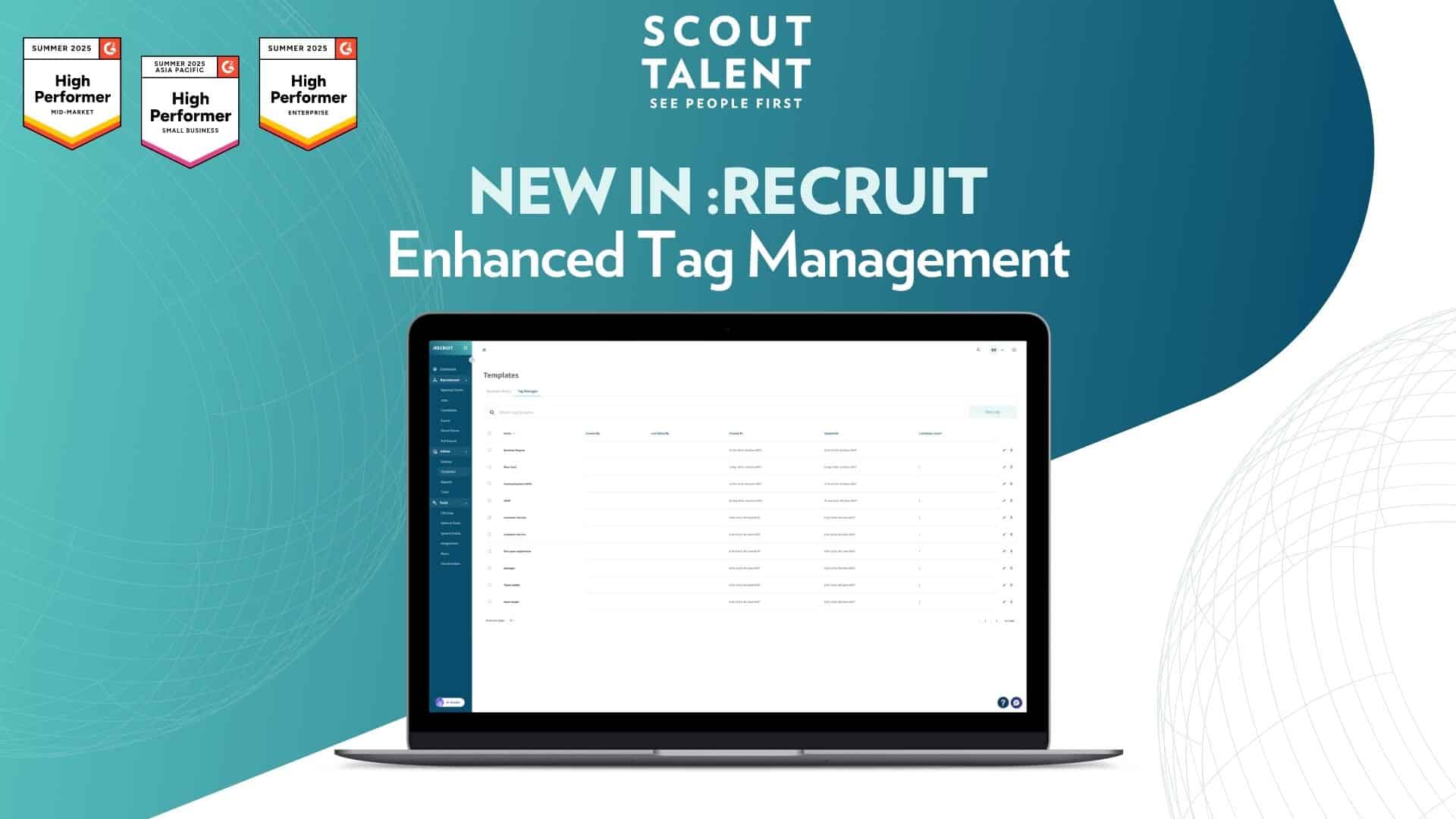Imagine this scenario, you have a friend and they’ve come to you with a great idea to start up a business or organise a community event. You run through the plans with them and to your horror, you become increasingly aware that they are going to cover everything from sales to accounting to marketing. That sounds like a mess to me, and if it doesn’t horrify you it should.
No one person has the skills needed to span so many aspects of the business world and pull them off successfully. We can all probably do a lot of things well, some things passably, and some things horribly. But we often don’t try to be both a salesperson and an accountant at the same time because most of us are self-aware enough to know which role will suit our skills best.
Specialisation in recruitment
The same principles hold true for the world of recruitment. Many people think that recruitment is easy, firstly they are wrong. It’s easy to put a body in a role. It is much harder to successfully put someone into a role who is going to drive your organisation forward because ultimately that’s what successful recruitment is all about.
That said, a lot of people end up recruiting for open roles within their organisation when it’s not something that they are trained for, and it’s not something that they’re passionate about. So many HR professionals are actively recruiting when recruitment is not something they’re overly interested in and they would instead much rather devout their time to labour relations and employee engagement.
If we’re willing to accept that it’s something of a ridiculous notion that someone might effectively carry out customer service, marketing, and accounting functions all at the same time, then why do we think it’s acceptable to allow the recruitment within our organisations to be managed by someone who has no recruiting experience or no interest in recruitment?
Recruitment within an organisation is a function that can often hide behind smoke and mirrors. If open roles are getting filled in a timely manner then most people won’t probe too deeply into how their recruitment function is actually operating. However, successful recruitment dictates who becomes a part of your team and overtime how successful that team is.
This means the successes or failures of your people should be the metric used to measure successful recruitment. What I’m trying to get at with this now long-winded analogy is that if you’re trying to figure out how successful your recruitment efforts are then you need to ask yourself a couple of questions.
How to know if your recruitment is successful
- How many people that we hire leave during their probation or onboarding period (If this number is high then there is something wrong with your recruitment process).
- How long does it take for a role to be filled? (If this is greater than 60 days then whoever is recruiting for you might have a skills gap when it comes to candidate attraction, or they just may not have the time needed to keep people engaged in your company during a recruitment timeline.
If you’re having trouble in either of those areas then is time to dedicate a resource to recruitment. This leaves you with the choice of either hiring a talent-focused resource that can be expensive or working with an external recruitment agency on a cheaper more transactional basis.
It should be noted that if you already have a dedicated recruitment resource within your organisation you still might need the assistance of an external agency. Recruitment is a time-intensive undertaking and if you have a number of open roles your recruitment team may just be spread a little bit too thin.
Is it the right time to work with a Recruitment Company?
When it comes to working with a recruitment company in most cases you’ll need to haggle over the price that you pay, which is often a percentage of the salary of the individual you’re looking to hire. However, here at Scout Talent we offer an upfront flat fee of $4000 to $8000 which does make us something of a cheaper option. Once pricing has been agreed the recruitment agency will get to work trying to outline your needs and then finding individuals who meet them.
At this point, I want to go back to the professional analogy from earlier. Recruitment agencies are made up of people who are spending most of their week finding highly skilled candidates for the roles of their clients; there are no other distractions or competing priorities other than good recruitment. We know how to find quality candidates, we know how to engage these candidates to consider a new role, we have the time needed to manage interested candidates, and not to sound too cocky – we’re good at it.
I’m not going to say that using a recruitment agency is what everyone should be doing right now to fill every single one of their roles, because that’s simply not true. But if you are having consistent issues with the people who are making up your team or even struggling to find people in the first place then it might be time to try something new.
It’s madness to keep doing the same thing over and over again and expect a different outcome.
If you would like to know more about how Scout Talent’s video interview product, call us on 07 3330 2595 or click the button below.



